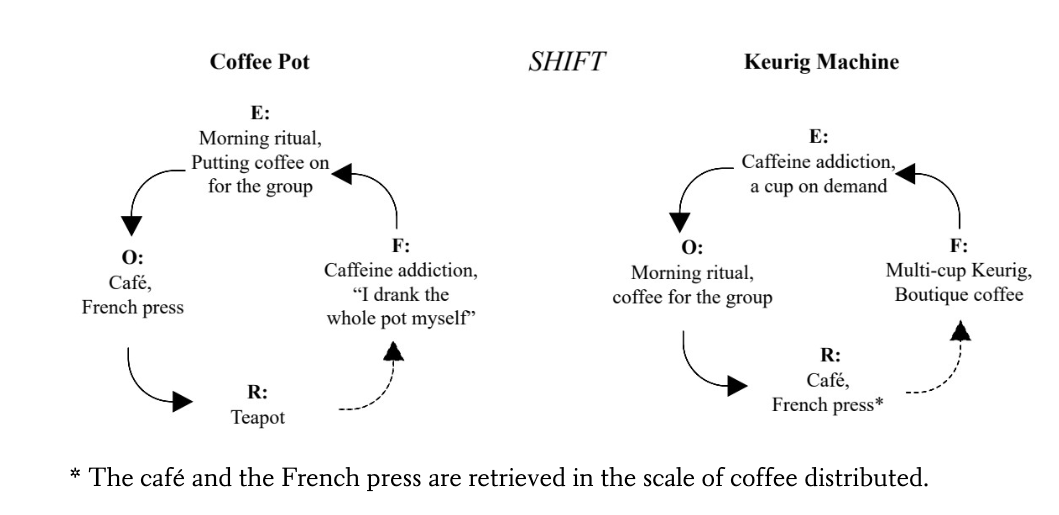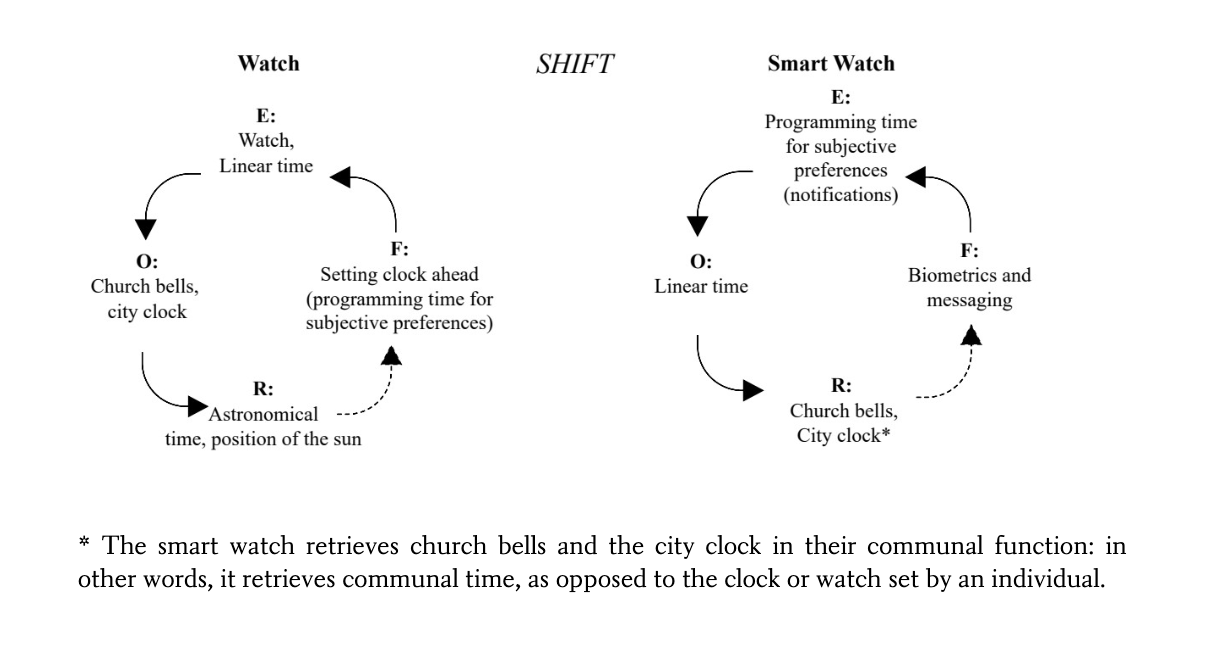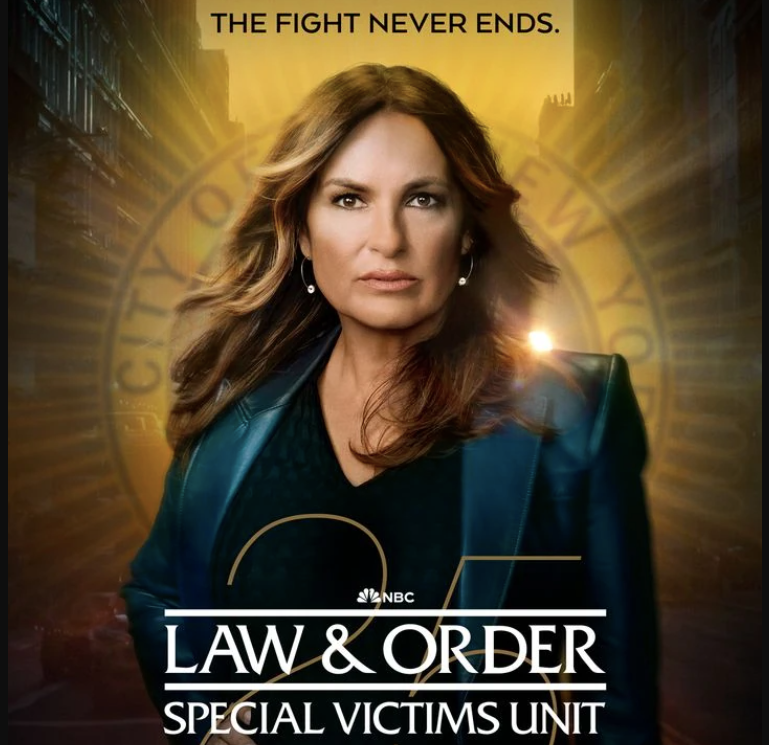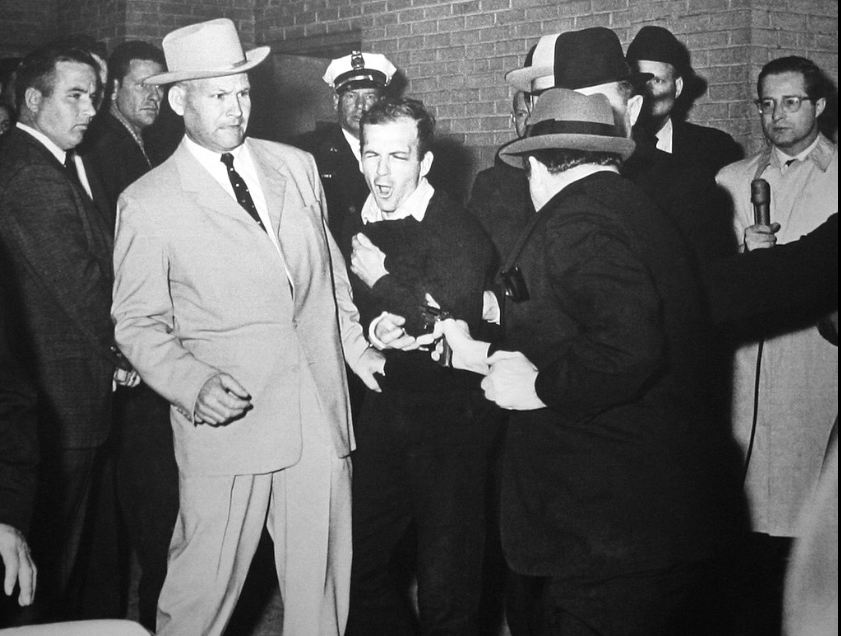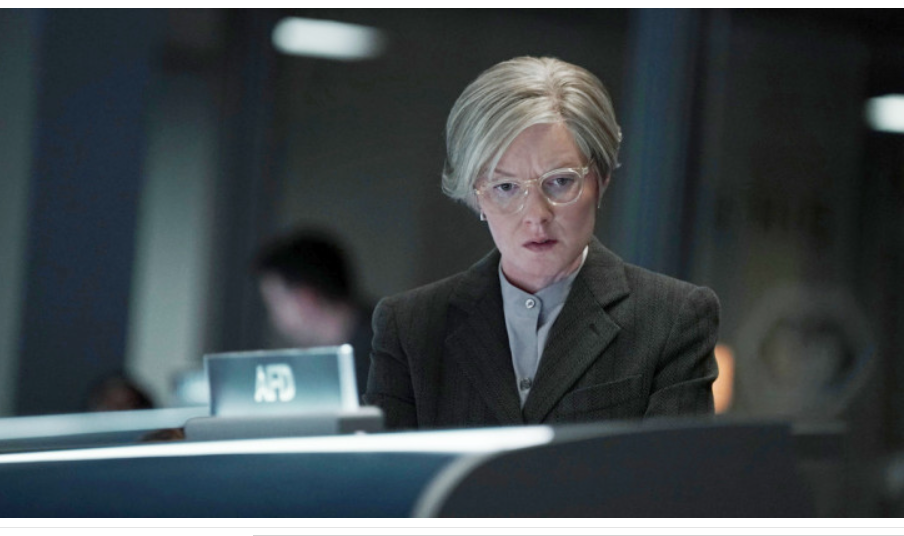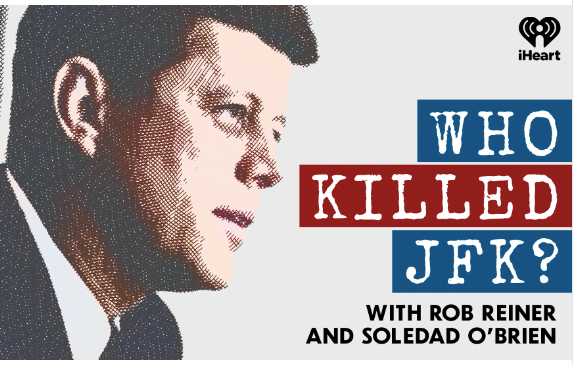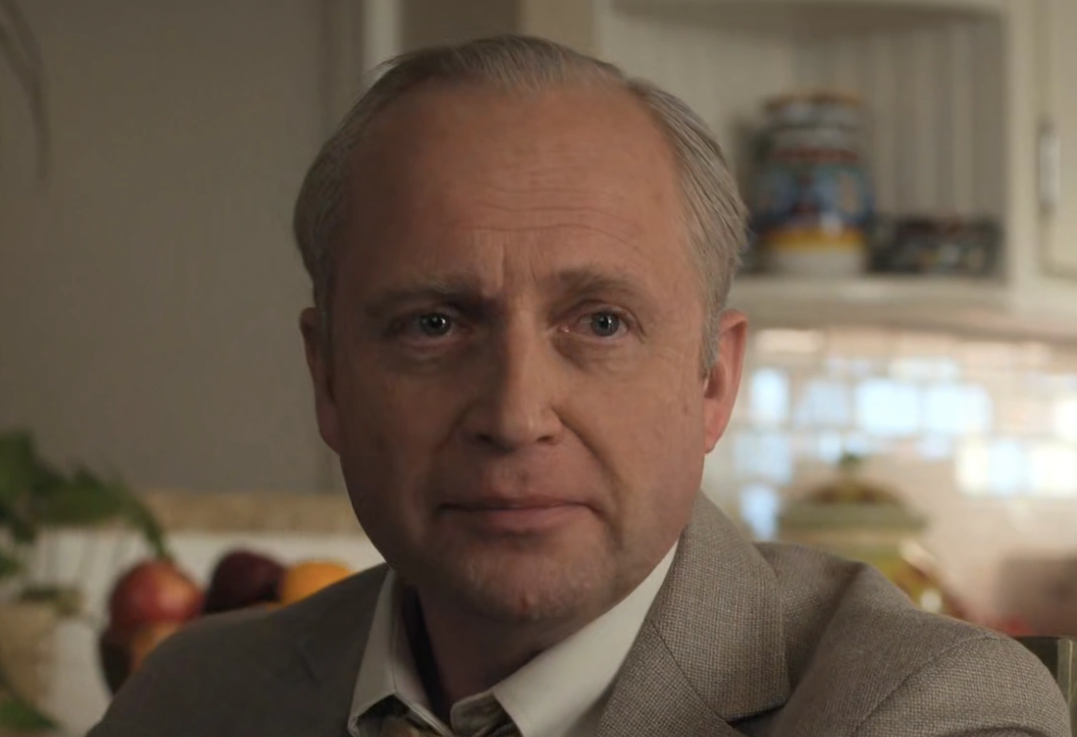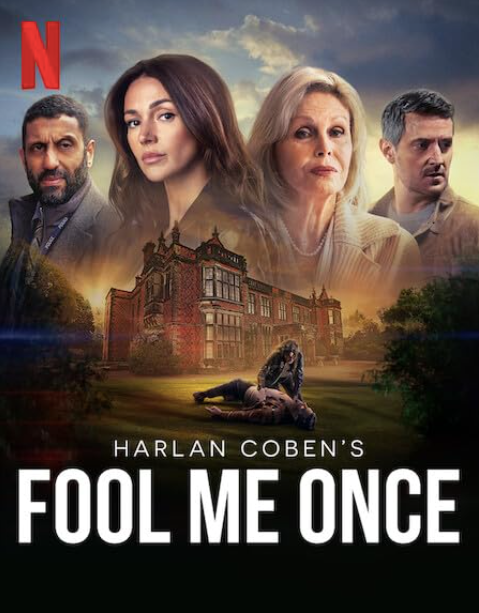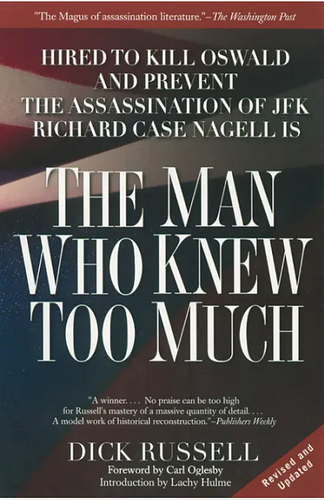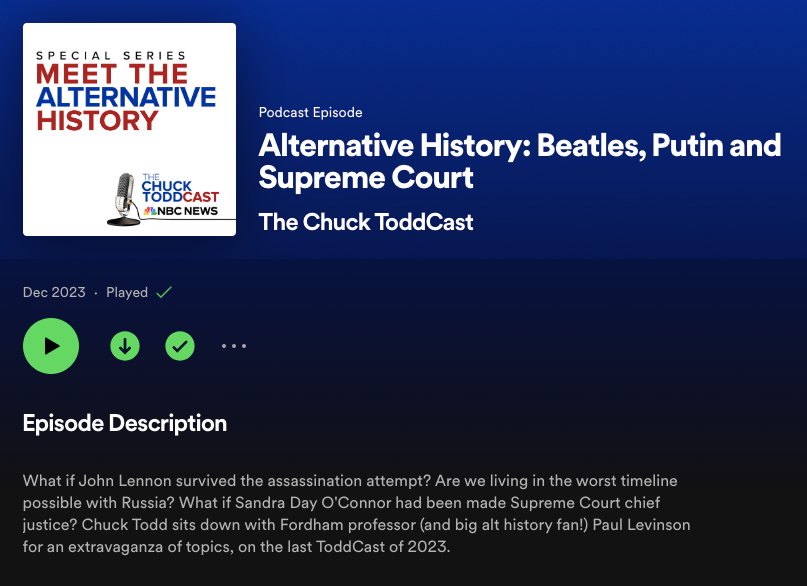 listen to this podcast here, or anywhere you listen to podcasts
listen to this podcast here, or anywhere you listen to podcastsMarshall McLuhan's tetrad is a useful tool for discovering and understanding how human activities, especially media, are connected to one another. It maps a four-part relationship that happens in any human endeavor. That activity AMPLIFIES or ENHANCES an aspect or certain aspects of human life; as it does this, it OBSOLESCES an activity that had previously been amplified; and the human endeavor also RETRIEVES an activity that had previously been obsolesced or pushed off center stage; and the amplified activity REVERSES or FLIPS INTO a new activity, at once very different from but closely related to what was amplified.
So, for example:
RADIO AMPLIFIES sound and speech heard instantly across great distances, for the purposes of news, entertainment, etc; OBSOLESCES slower visual media such as newspapers and books; RETRIEVES word of mouth, in-person singing, oral history; and REVERSES into TELEVISION.
And TELEVISION, in turn, AMPLIFIES audio-visual sent instantly across great distances; OBSOLESCES radio (as a source of drama and comedy); RETRIEVES cave painting and all painting, motion pictures, and all forms of writing; and REVERSES into the Internet, smartphones, holography.
In other words, tetrads move through history in cycles -- or, as I have put it, in wheels or spirals.
Now, I've been thinking a lot about alternate history these days -- writing, reading, watching narratives in which some crucial element in the past has been changed. Last week, I had a great conversation with Chuck Todd on his podcast, in which I said in order for an alternate history scenario to be plausible, its elements must be as close to real history as possible -- that is, everything other than the element of history that you're changing in your scenario.
And I realized last night that history and alternate history reside in a tetradic relationship. Here's how I see that:
Tetrad for HISTORY
AMPLIFIES: the past, as accurately as we can know it
OBSOLESCES the daily news, focus on the here and now
RETRIEVES: myth, legend, religion, non-scholarly accounts of the past
REVERSES INTO: alternate history -- changing a key element of the past; for both entertainment (fiction) and a better understanding of "real" history (in quotes, because even real history is not the entire story)
Tetrad for ALTERNATE HISTORY
AMPLIFIES: a fictitious better or worse world, obtained by changing a crucial element of history (for example The Man in the High Castle imagines a world in which Germany and Japan won the Second World War).
OBSOLESCES: our immersion in the present, and our view that it was inevitable
RETRIEVES: the notion most of us had when we were children that we could change something just by wanting it
REVERSES INTO: real alternate realities, which recent data from the Webb Telescope suggests could be possible (see this article in the New York Times which says our universe may be just one universe is a "multiverse").
***
Further reading on Tetrads: Laws of the Media (by Marshall McLuhan, with Preface by Paul Levinson); Tetrad Wheels of Cultural Evolution (Paul Levinson); Tetrad on the Selfie (Paul Levinson); Tetrads and Chiasmus: A Reclamation of the Tetrad Wheel (Matthew S. Lindia & Paul Levinson),
Further reading, listening to, viewing Alternate History: A Fiction Writer's Guide to Alternate History by Jack Dann; Paul Levinson's review of A Fiction Writer's Guide to the Alternate History; Paul Levinson's interview with Jack Dann; Paul Levinson's interview with Rufus Sewell, who starred in The Man in the High Castle series on Amazon Prime Video; Chuck Todd's interview with Paul Levinson about alternate histories; It's Real Life (alternate history about The Beatles by Paul Levinson, made into a radio play)
More Tetrad Wheels (from Lindia & Levinson)
